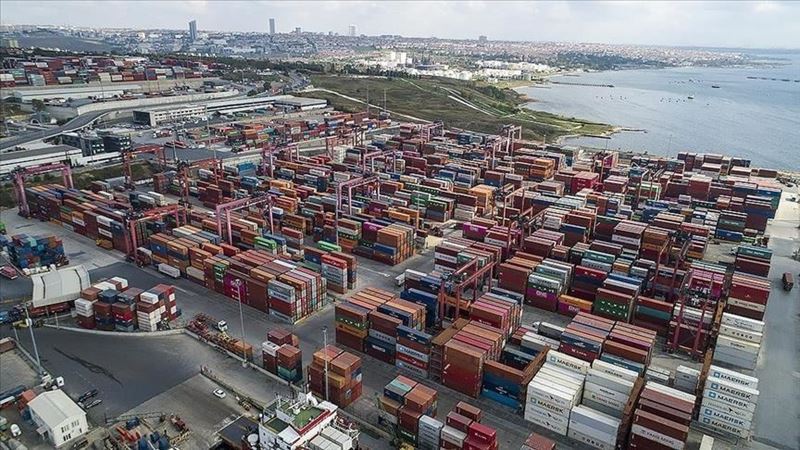The global benchmark Brent traded at around $80 per barrel, preparing for its second consecutive week of gains after seven consecutive declines, while U.S. crude oil traded above $74 per barrel. The tanker traffic in the Red Sea decreased following an increase in attacks by Iran-backed Houthi rebels in Yemen on ships in the region. Angola emphasized tensions within the producer group as it announced its departure from OPEC after 16 years, aiming to limit production to support prices as the new year begins.
As the Organization of the Petroleum Exporting Countries (OPEC) and its allies attempt to counter increasing production in non-member countries, led by record production in the U.S., crude oil is heading towards its first annual decline since 2020. Meanwhile, the outlook for demand deteriorated with the International Energy Agency reiterating expectations of a significant slowdown in growth next year.
Will Sungchil Yun, Senior Commodity Analyst at SI Securities, stated, "Tensions in the Red Sea have significantly boosted prices, but this has been balanced by uncertainty on the supply side. While it is now more of a wait-and-see situation for oil, if OPEC+ considers production cuts, it will be challenging for prices to find support."
Angola had rejected the reduced production limit imposed by OPEC leaders to reflect the country's diminishing capacity. Although the country is unlikely to make a significant contribution to global supply in the near term, its exit from the cartel indicates disagreement and may renew doubts about whether all members will adhere to the committed production cuts.











Comments
No comment yet.